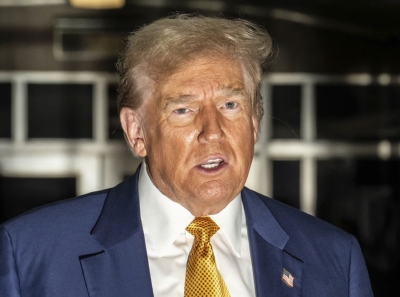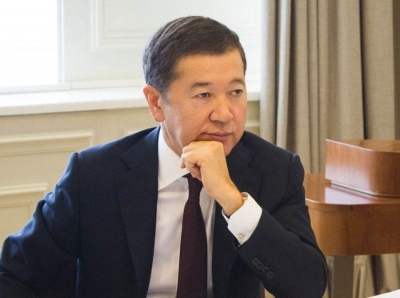Brics plus six
At their summit in South Africa, the five Brics countries have selected six new members from among a number of applicants. On 1 January 2024, Saudi Arabia, Egypt, the United Arab Emirates, Iran, Argentina and Ethiopia will join the group of states, which sees itself as representing the "Global South" and will be called Brics+ in future. What to make of the expansion?
Fresh momentum for the world order
El Periódico de Catalunya sees the global balance of power changing:
“India feared that enlargement would weaken its influence, but its clout was clearly felt when it came to selecting new members from the 23 that officially applied. For New Delhi, which also aspires to lead the Global South, it is vital that the group is not dominated by Beijing. The progress made at the summit may not be as great as hoped, but there is no doubt that this grouping of very different countries and economies has succeeded in establishing itself in the international sphere and presents serious challenges. ... Amid all the doubts about globalisation, the Brics are giving fresh momentum to global governance and multilateralism.”
Alternative funding sources emerging
The Brics expansion opens up new perspectives for emerging countries in the field of development cooperation, La Tribune stresses:
“Time will tell whether this marks a historic turning point. However, with the expansion from 5 to 11 members barely 22 years after its founding, the Brics group has already reached a significant milestone. ... This is a triumph for Beijing and Moscow, who have asserted their will against the three other members India, Brazil and South Africa. The emerging countries now know that they can turn to an institution other than the World Bank or the International Monetary Fund to finance their development.”
Now the ball is in Russia’s court
Diena does not see a major anti-Western alliance emerging any time soon — unless the Kremlin puts its stamp on Brics+:
“From a Western point of view the first conclusion is: concerns that this particular summit would become a geopolitical turning point with the emergence of a pluralistic, openly anti-Western confederation were greatly exaggerated. ... The only problem is that it only looks that way now, because the next Brics chair country, which will also have the responsibility of coordinating the process of welcoming the new members, is Russia. The mood there is different from that in South Africa, so the next Brics summit in Kazan in a year’s time will take place in a very different atmosphere.”









